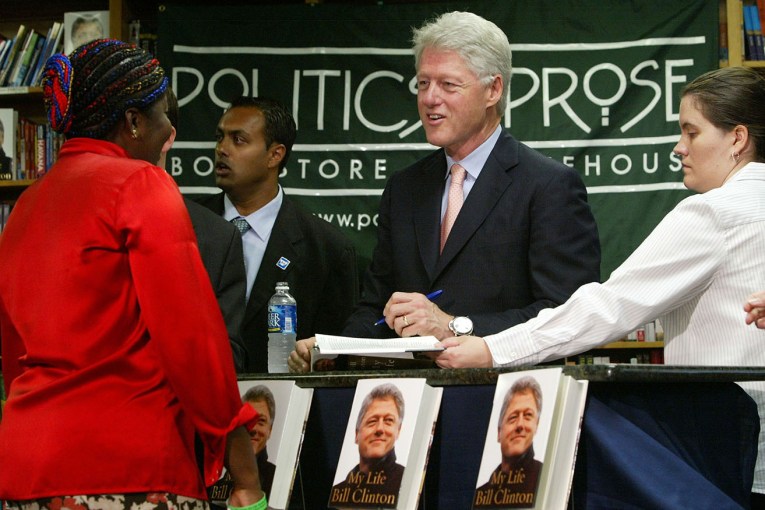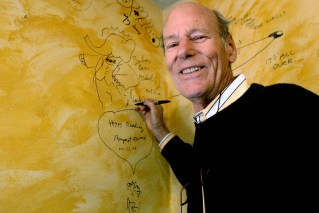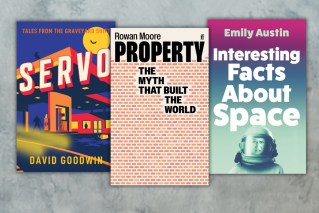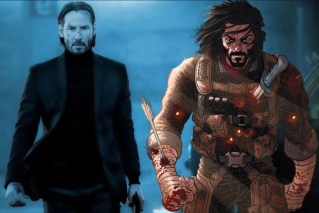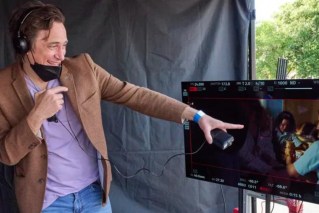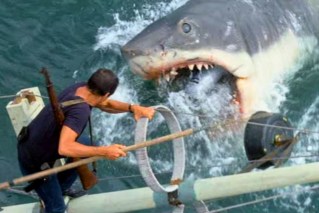Young Hitler: How and why he became a monster

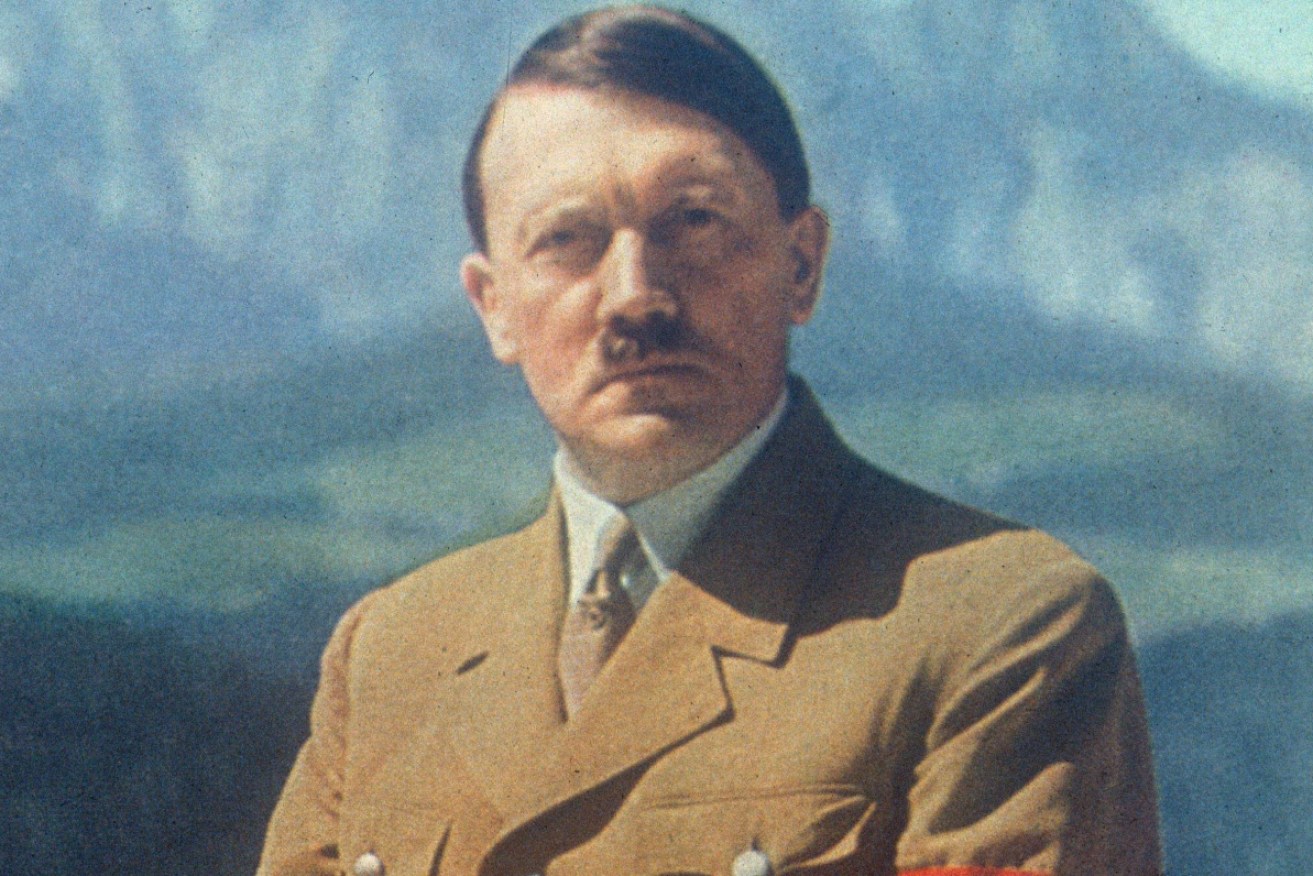
Adolf Hitler had an experience during the First World War that shaped his later behaviour. Photo: Getty
Hitler wasn’t a monster. He was a human who did unimaginably monstrous things. And if we are to have any hope of avoiding such horrific history repeating, what with swastika-wearing Nazis marching openly on US streets and far-right politicians back in Germany’s Bundestag, we must interrogate what made him.
That’s the confronting premise behind Australian historian and author Paul Ham’s Young Hitler: The Making of the Fuhrer, a startling new biography that attempts to uncover how Hitler became the genocidal dictator who tore the world asunder.
“Those who would rather demonise Hitler as a monster, as a freak, as an outlier in human nature, that he wasn’t one of us somehow, this is really dangerous way,” Hamm insists over the phone from Paris, where he lives, dividing his time between there and Sydney.

A young Adolf Hitler was devoted to his mother. Photo: AAP
“He was all-too-human,” Ham argues. “We are certainly going to see the methodology he used again, the identification of an innocent minority and then loading them up with all of society’s evils and then persecuting or exterminating them… we’re seeing it now with the Rohingya people.”
What made the Nazis unique was their brutally industrial efficiency, Ham says. That’s why he insists it’s important to look beyond the mad demagogue screeching propaganda, to the young man he once was.
Parts of Hitler’s family history are unclear. We do not know who his grandfather was on his occasionally violent father Alois’ side. What we do know is that a young Hitler was passionately devoted to his mother, who died in agony of breast cancer.
“In any attempt to write about Hitler, you have to realise that what defined him as a human being has often been discredited in light of what came later, but he did deeply love his mother. He did have Jewish friends in Vienna.”
So what was it that made an isolated and occasionally homeless Austrian man become obsessed with the idea of the German ‘Fatherland’ as a superior race and attempt to exterminate the Jewish race, homosexuals, mentally and physically disabled and the Romani people?
Ham says a key factor was his time fighting in the Great War. Witnessing catastrophic loss of life and the humiliation of the Kaiser’s empire brought low, Hitler himself was left temporarily blinded by mustard gas.
At every major turning point in his career, he turns back to his experience of the First World War.
“At every major turning point in his career, he turns back to his experience of the First World War,” Ham says.
“He looked back on it as the most stupendous experience of his life. What deeply wounded him was not the actual experience of battle and the horror and piles of corpses, but actually the fact that it ended the way it did. He felt the German army had been humiliated.
“He constantly looked throughout his life for someone to blame,” Ham says. “He hung the blame on the Jewish people, the Socialists and the Communists for stabbing the army in the back.”
Part of Ham’s job is trying to unpick truth from mythology, with Hitler constantly revising or supressing his own history, including in his autobiography Mein Kampf.
“Mein Kampf is the most treacherous terrain in this regard. So much of is simply made up for the benefit of his career.”
Young Hitler: The Making of the Fuhrer, by Paul Ham, is out now, published by Penguin Random House.
